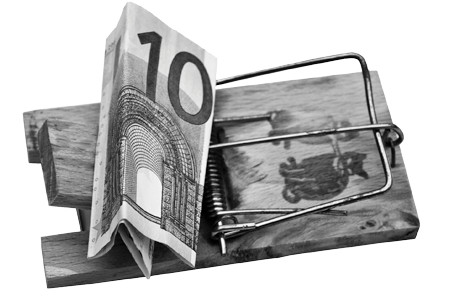
The Anatomy of Earnings
“It’s far better to buy a wonderful company at a fair price than a fair company at a wonderful price”- Warren Buffett. It is always helpful to focus on what a share actually represents- it is a claim on a stream of long term cash flows to which shareholders are entitled over time. Given that the price one pays has a strong relationship with future returns, (the higher price one pays, the lower the expected return will be), a method of valuing these cash-flows would seem a sensible starting point. The future being what it is, however, it is not an exact science. Whether it is by design or malice, analysts often get their projections badly wrong. One of the reasons may be to do with their methods of analysis, or more precisely their mindsets when doing said calculations.












